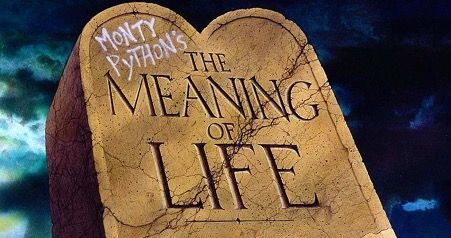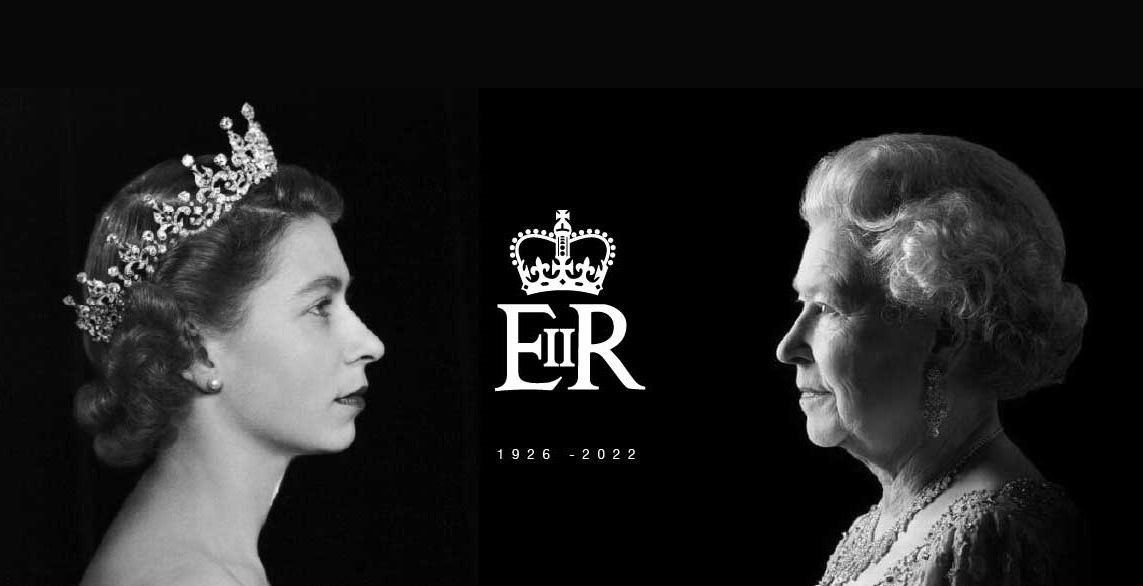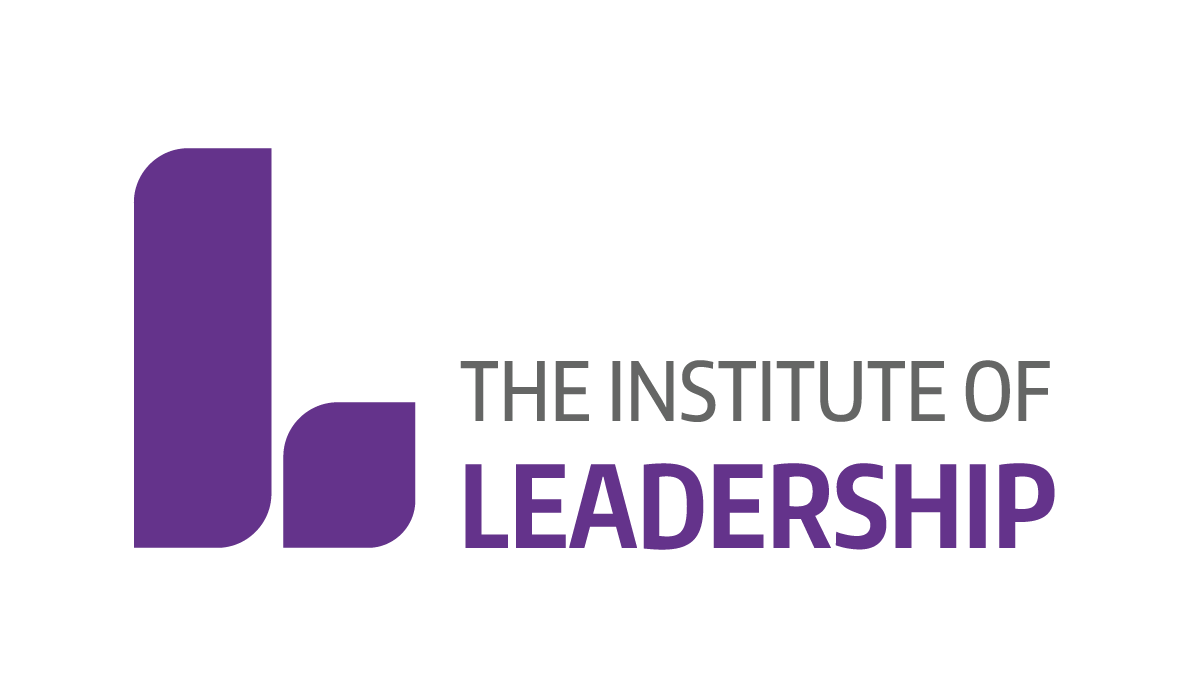What is Orbital Leadership?
With so many buzz words about leadership floating around at the moment, it can be hard to make sense of them all. Servant leadership. Authentic leadership. Transformational leadership. Many of these terms have been with us for a while and still have relevance and resonance today. However, the question of “What is leadership today?”, set as it is against the backdrop of todays changing environment is a challenge to answer.
What good leadership looks like today and what it will evolve into is complex. Many of the demands on leaders and the skills needed to meet those demands are still emerging. It can be challenging to sort through the noise and make sense of what being a leader really means right now.
What’s clear is that as organisations navigate the unchartered waters of hybrid working patterns, fluctuating markets and the new rules of what it means for employees to be engaged at work, we now more than ever need skilled and capable leaders.
This is the age of nuanced leadership. Leadership which can be at once subtle, clever, values-led and often intensely emotionally intelligent, and all strategic, risk ambitious and visionary.
The leaders who will set themselves, their people and the organisations up for success in the annuls of time are those who recognise the scope and power of their impact.
Today’s leadership is about understanding our orbit. It is recognising that leadership happens in every micro-decision we make and extends to every large piece of strategy we influence. It is about knowing and keeping in mind at all times that, as leaders, we do not – nor cannot – exist in a vacuum.
Leaders getting it right today are those who understand this breadth. These leaders recognise the impact of their decisions and their actions extends way beyond the horizons that are known to them. They are the leaders who operate from a start point of humility – intellectual humility – where the psychological ‘base station’ is one of wonder and openness to the system in which they operate, and a truly healthy acceptance of the limits of their own knowledge.
Before behaviour comes mindset. And it is the mindset of the leader in today’s organisation that bears most scrutiny. One of the biggest challenges for today’s leaders is how to navigate the galaxy and fly their organisational ‘spacecraft’ into unchartered territory. This requires that we can demonstrate both strength and vulnerability. It requires that we are authentic in how we show up and true to ourselves our inner values as well as being sensitive to the workings of the planets in our galaxy and the many forces that operate on them. It is the skill of catching ourselves in thinking that leadership is something we must do, rather than a space that we must simply be.
The skilled orbital leader has a deep understanding of the impact they have at all points of his ‘galaxy’ and is able to adapt and flex their approach to take in the needs of those in their orbit.
Verosa's top tips for becoming an Orbital Leader:
1) Know who is in your orbit: None of us operate in a galactic black hole and it is hugely helpful to understand the breadth of our impact. Often as leaders we think in terms of verticals – we lead those in our reporting line (below us) and we manage upwards those who are above us. Rarely do we consider the leadership that is needed laterally – with our peers, stakeholders, service providers and clients. Try our Orbital Leadership Mapping Exercise to find out more about the shape of your galaxy.
2) Develop your space bungee in uncertain times: When we are leading in VUCA (Volatile, Uncertain, Complex and Ambiguous) conditions, we need to ensure that we have a degree of safety that tethers us to our organisation. This might be your leadership team, on whom you can rely on to support your exploratory decisions; it might be a leadership coach, who creates the space for you explore your options; it might be the clarity you take from the overarching strategy of the organisation that allows you to connect all your decisions to the bigger picture and higher purpose. Your bungee should allow to take the risks you need, whilst allowing you to feel safe at the same time.
3) Keep macro and micro in sight: Orbital leaders can think on a massive strategic scale and understand the delicate and nuanced detail that contributes to the bigger picture. This isn’t about a binary, either/or way of operating – it’s looking at the sun setting on the horizon and whilst feeling every grain of sand under your feet all at the same time.
4) Create strategies for dealing with meteor showers: In metaphorical terms, the COVID-19 pandemic was akin to having to navigate an unexpected, dramatic and course changing meteor showers. In his seminal work, The Black Swan, Nassim Nicholas Taleb makes the argument for organisations never being able to prepare for such events in any real or meaningful way. Instead, Orbital Leaders must create the skillsets, teams and agile mindset that is needed to get beyond and learn from each seismic event. This doesn’t mean creating a 50-page contingency plan for the next pandemic, it means equipping your organisation with the resources to weather a storm – of any size or shape.
If you would like to talk to us about the shape of leadership in your organisation and the challenges in your galaxy, or just to find out about what else Verosa could do for you, please give us a call or send us an email (we love hearing from you!).
If you find this article interesting or useful, please do share across social or via email.















